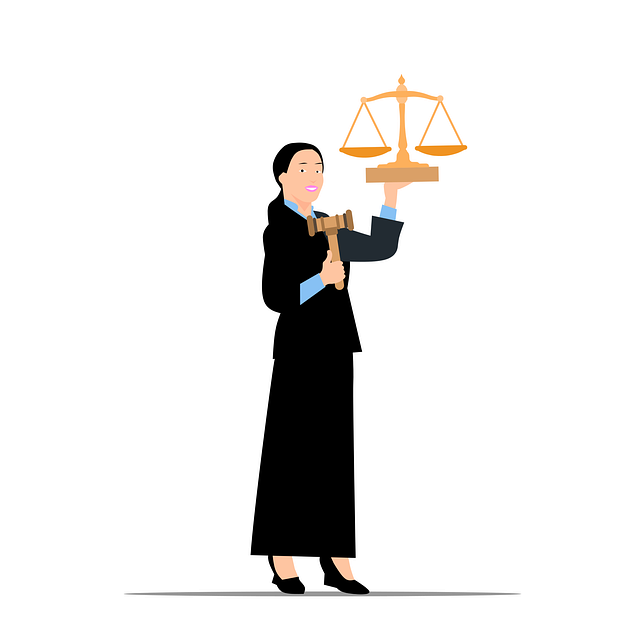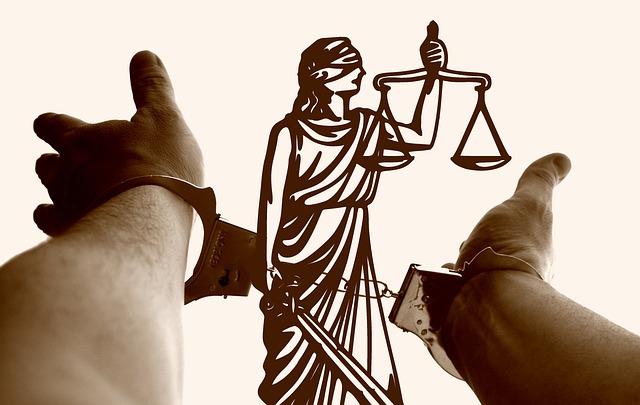Healthcare fraud, including billing inaccuracies and identity theft, poses significant risks. Red flags like unexpected payment changes warrant healthcare provider legal dispute assistance, crucial for protecting stakeholders' rights. Advanced analytics and AI transform fraud detection, identifying patterns in vast datasets that may indicate fraudulent activities like excessive billing or falsified records. Legal experts guide providers through industry regulations, offering strategic approaches to mitigate risks and recover losses. Preventive measures include strong internal controls, regular audits, compliance checks, and leveraging advanced technology for effective protection against fraudulent schemes.
Financial fraud in healthcare is a growing concern, with sophisticated schemes posing significant risks to providers and patients alike. This article delves into the intricate world of fraud detection, offering a comprehensive guide for healthcare professionals. We explore common fraudulent activities, red flags to watch out for, and the pivotal role technology plays in early identification.
Additionally, we dissect the legal landscape surrounding these cases and provide essential assistance for providers navigating healthcare-related legal disputes. Learn effective strategies for prevention and mitigation to safeguard your practice from fraudsters.
- Understanding Financial Fraud in Healthcare: Common Schemes and Red Flags
- The Role of Technology in Detecting Fraud: Advanced Analytics and AI
- Legal Aspects and Assistance for Healthcare Providers in Fraud Cases
- Strategies for Prevention and Mitigation: Protecting Your Practice from Fraudsters
Understanding Financial Fraud in Healthcare: Common Schemes and Red Flags
Financial fraud in healthcare is a significant concern that can have devastating effects on patients, healthcare providers, and even philanthropic and political communities. Common schemes often involve billing inaccuracies, where fraudulent actors may overbill for services or inflate costs through fake claims. Another prevalent tactic is identity theft, where individuals masquerade as legitimate healthcare providers to gain access to sensitive information and financial resources.
Red flags that signal potential fraud include unexpected changes in payment methods, unusual transactions, or discrepancies between the provided services and recorded charges. Healthcare provider legal dispute assistance can play a crucial role in navigating these complex issues. A general criminal defense strategy might involve a complete dismissal of all charges through meticulous documentation and evidence review, ensuring that the rights of both patients and providers are protected within the healthcare system.
The Role of Technology in Detecting Fraud: Advanced Analytics and AI
The integration of advanced analytics and artificial intelligence (AI) has revolutionized financial fraud detection, especially in the complex landscape of healthcare provider legal disputes. These cutting-edge technologies offer unprecedented track records in identifying patterns and anomalies that may indicate fraudulent activities. By analyzing vast datasets, AI algorithms can uncover intricate relationships and subtle deviations from normal behavior, which might otherwise go unnoticed by traditional methods. This capability is invaluable when it comes to preventing and exposing fraud within healthcare claims, where sophisticated schemes can be designed to exploit loopholes.
For instance, machine learning models can scrutinize claim patterns, patient demographics, and provider behavior to flag suspicious activities. These models are trained on historical data, enabling them to recognize unusual trends that might suggest fraudulent practices, such as excessive billing or falsified records. Moreover, AI-driven analytics can assist in winning challenging defense verdicts by providing solid, data-backed evidence, ensuring legal teams have a powerful tool in navigating complex healthcare provider disputes and securing positive outcomes.
Legal Aspects and Assistance for Healthcare Providers in Fraud Cases
Healthcare providers face unique challenges when it comes to financial fraud detection due to the complex nature of medical billing and insurance claims. In the event of a suspected fraud, legal assistance is paramount for several reasons. Firstly, healthcare providers often require guidance navigating the intricate web of regulations and laws pertaining to their industry. This is especially crucial in high-stakes cases where the consequences can be severe, impacting not just the provider’s reputation but also their financial stability. Legal experts specializing in healthcare disputes can offer invaluable support throughout all stages of the investigative and enforcement process.
The assistance provided includes reviewing contracts, insurance policies, and regulatory guidelines to identify potential legal defenses or avenues for recovery. Moreover, these professionals help healthcare providers understand their rights and obligations, ensuring they remain compliant while pursuing justice. With experience representing both corporate and individual clients in such cases, legal experts are well-equipped to handle the unique dynamics of healthcare fraud, offering a strategic approach to mitigate risks and recover losses effectively.
Strategies for Prevention and Mitigation: Protecting Your Practice from Fraudsters
Preventing financial fraud is a multifaceted approach that requires proactive measures from healthcare providers to safeguard their practices and protect themselves from cunning fraudsters. One key strategy involves implementing robust internal controls and procedures, such as separation of duties and strict access permissions for sensitive financial data. Regular audits and reviews should be conducted to identify potential vulnerabilities and ensure compliance with relevant laws and regulations, including those specific to the healthcare industry.
Additionally, leveraging technology can significantly enhance fraud detection capabilities. Advanced analytics, machine learning algorithms, and specialized software tools are becoming indispensable in uncovering complex fraudulent schemes. These technologies enable healthcare providers to analyze large volumes of data, identify unusual patterns, and flag potential anomalies. With an effective combination of strict protocols, regulatory adherence, and cutting-edge technology, healthcare providers can achieve extraordinary results in fraud prevention, fostering a strong defense against would-be fraudsters and maintaining the integrity of their practices, especially when navigating complex legal dispute assistance for corporate and individual clients.
Financial fraud in healthcare is a complex issue that requires a multi-faceted approach. By understanding common schemes, leveraging advanced technology like analytics and AI, and implementing robust prevention strategies, healthcare providers can protect themselves from fraudulent activities. Additionally, seeking legal dispute assistance when needed, ensures the proper handling of these cases. With the right tools and knowledge, healthcare providers can safeguard their practices and maintain the integrity of their operations, fostering a more trustworthy environment for patients and partners alike.






